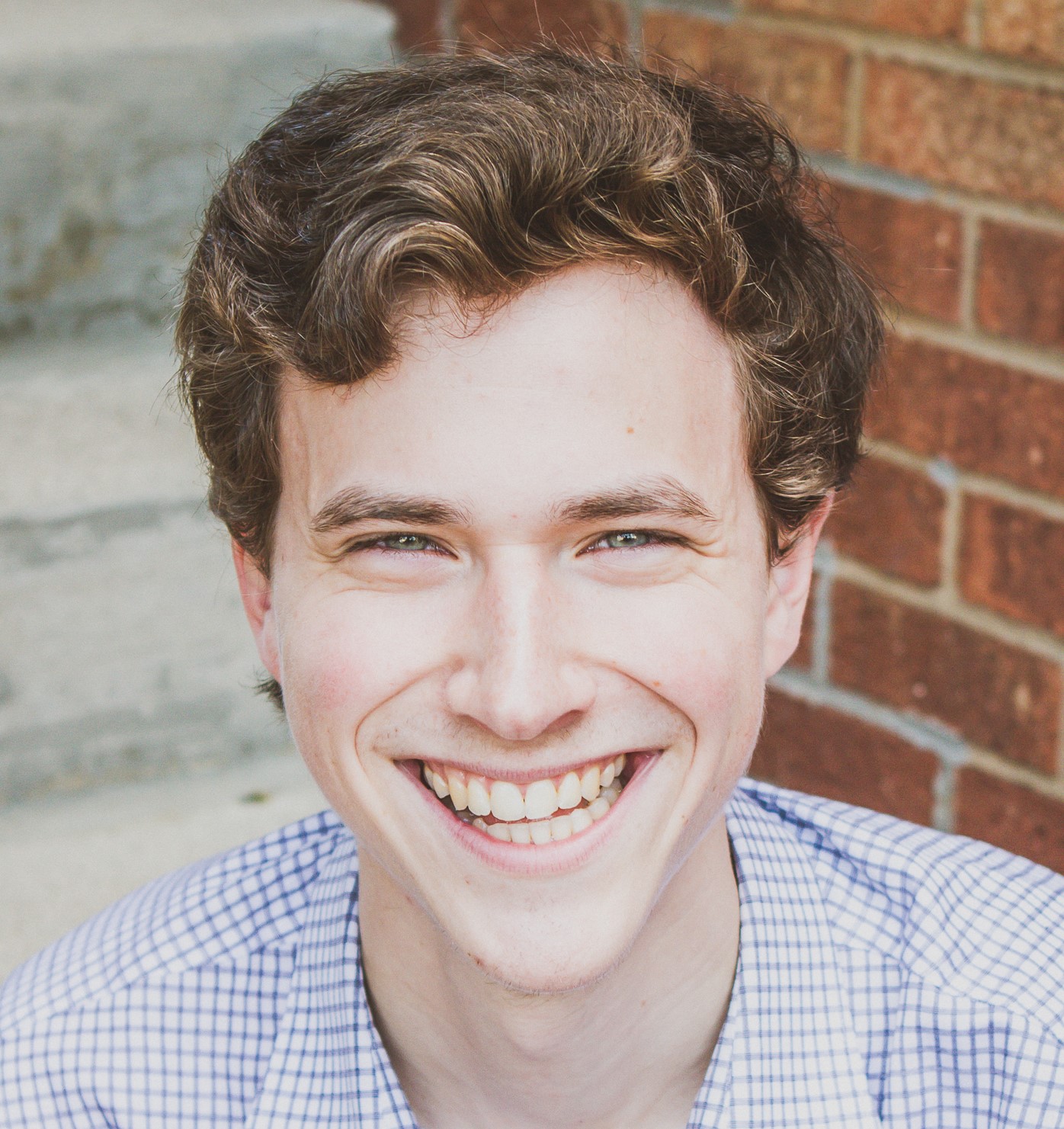As industries across the US shift into crisis response and find ways to produce ventilators and masks, a Lebanese Christian entrepreneur and member of parliament, Neemat Frem, has rolled out a prototype ventilator for Lebanon’s deeply under-resourced critical healthcare facilities. MP Frem pulled together this prototype in just two weeks and began production, saying it is “built according to high specifications and accurate, advanced and versatile technologies.” During this crisis, MP Frem is the latest example of the long Middle Eastern Christian tradition of being leaders in the region’s medical field.
Starting in the seventh century and spanning over 250 years, members of the Assyrian Christian Bukhtishu family acted as physicians for the Abbasid caliphs, for up to eight generations. A member of the Bukhtishu family is recorded as having overseen the construction of the first Islamic hospital in Baghdad. There are also contemporary writings from the patriarch of the Church of the East, in 790, regarding the construction of a Christian hospital in Baghdad, which may have been the first official hospital in the area.
Over the centuries, many Christian communities lived in some form of second-class status, and often were kept from participating in the political or military leadership of the region. As a result, they often gravitated toward professions of high technical expertise, such as in medicine or law. This is reflected today in the many educational institutions in the region with Christian heritage.
Historically, Christian communities made up 20 percent of the population of the Middle East, but in the last hundred years that number has cratered to a troubling 4 percent. Even so, Christians still seem to greatly outperform their demographics in the healthcare field. In the city of Erbil in Northern Iraq, the Christian suburb of Ankawa makes up 3 percent of the city’s population, but was proud to represent 50 percent of the list of top graduating doctors from Erbil in 2019. Another bright spot in Northern Iraq is Al-Hamdaniya Hospital in the Christian town of Bakhdida (or Qaraqosh), rebuilt since the liberation from ISIS. Al-Hamdaniya Hospital can see around 200 patients a day and is considered one of the nation’s best hospitals. Also, the state-of-the-art Catholic hospital Maryamana opened to serve the population of Erbil, thanks to the funding from Aid to the Church in Need (USA).
Sir Magdi Yacoub, renowned for his work as a professor of cardiothoracic surgery at Imperial College London, is a Coptic Egyptian who grew up watching his surgeon father practice in the impoverished city of Aswan. He never forgot about his homeland, and in 2009 opened the Aswan Heart Center to serve the city’s 1.5 million residents.
There is an often-repeated anecdote that one out of ten doctors in Iraq is Christian, which older generations suggest used to be closer to one out of five. Anyone who has interacted with the Middle Eastern Christian community in Lebanon, Israel, Iraq, or elsewhere knows a family with a child in medical school or a father who is a doctor. It is perhaps even more ubiquitous in the diaspora community. Perhaps the most prominent member of this community right now is Secretary of Health and Human Services Alex Azar, a son of Lebanese Christian immigrants who helps lead the Trump administration’s response to the coronavirus.
Another such Lebanese Christian doctor living in the diaspora is Issam Raad, chair of the Department of Infectious Diseases, Infection Control and Employee Health Division of Internal Medicine at the University of Texas Anderson Cancer Center. He is also the head of the Health Outreach to the Middle East, known as HOME. HOME is a Christian interdenominational organization that exists to bring “physical, psychological and spiritual healing to poor and suffering people in the Middle East.” HOME has teams in Egypt, Iraq, Jordan, Lebanon, Syria, and Sudan.
In response to the coronavirus global pandemic, they have taken steps to protect the most vulnerable communities at this time: the poor, displaced, and refugees. HOME has created informational campaigns with videos and content they are distributing throughout the communities they serve on how to avoid spreading the virus and provide guidance during this crisis. They are also equipping their teams with the proper equipment to be able to receive and treat COVID-19 patients, especially in Lebanon where the collapsing economic situation could exacerbate the crisis.
Raad has put out videos encouraging his fellow believers to be “messengers of hope and peace in the midst of a troubled society,” adding that “there is always a way even when there is no way, this is the story of the Bible.”
During the coronavirus pandemic, Middle Eastern Christians like MP Neemat Frem and Dr. Issam Raad are living up to the best of their community’s tradition as healers of the sick.







 Sponsor a student for Christianity & National Security 2024
Sponsor a student for Christianity & National Security 2024